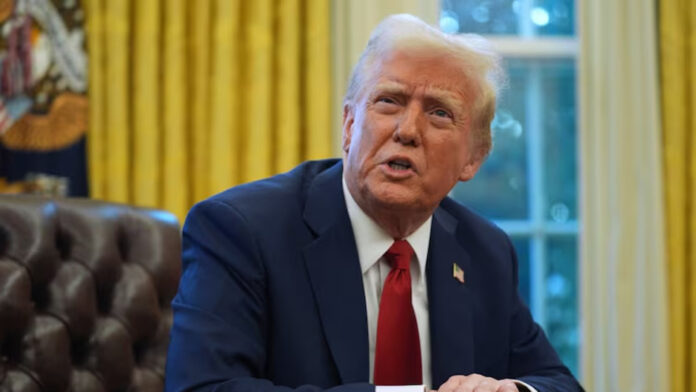Washington, D.C.: In a significant ruling with global implications, a U.S. federal court has curtailed the presidential power to impose unilateral tariffs, a move that could ease trade tensions and offer welcome relief to countries like India, which were previously hit by sweeping import duties under former President Donald Trump’s administration.
The court ruled that executive powers under Section 232 of the Trade Expansion Act — which Trump frequently used to impose national-security-based tariffs — must be narrowly applied and subject to oversight. The decision is expected to restrict any future unilateral tariff hikes without clear congressional backing or proven security justification.
A Win for Global Trade Stability
The judgment has been welcomed by global trade advocates and exporting nations, many of which suffered during the 2018–2020 trade wars initiated by the Trump administration. India, in particular, faced steep tariffs on steel, aluminum, and agricultural products, prompting retaliatory duties and straining ties between the two democracies.
“This decision introduces a vital layer of checks and balances, which can prevent arbitrary trade actions going forward,” said a senior trade analyst based in New Delhi.
What It Means for India
India stands to benefit in several ways:
- Exporters can expect fewer sudden tariff shocks, especially in sectors like auto parts, textiles, and pharmaceuticals.
- The ruling opens the door to reviving stalled trade talks with the U.S., which were put on hold over tariff disagreements.
- It offers a more stable trade environment for Indian businesses targeting U.S. markets in the long term.
Diplomatic Space Opens
The ruling may also provide room for both governments to reset trade ties, especially as India continues to be a crucial partner in U.S. Indo-Pacific strategies. Policy experts believe this legal development could pave the way for more structured and balanced trade negotiations.
Singh News Media will continue to monitor developments on U.S.-India trade relations and their implications for Indian industries and global diplomacy.




